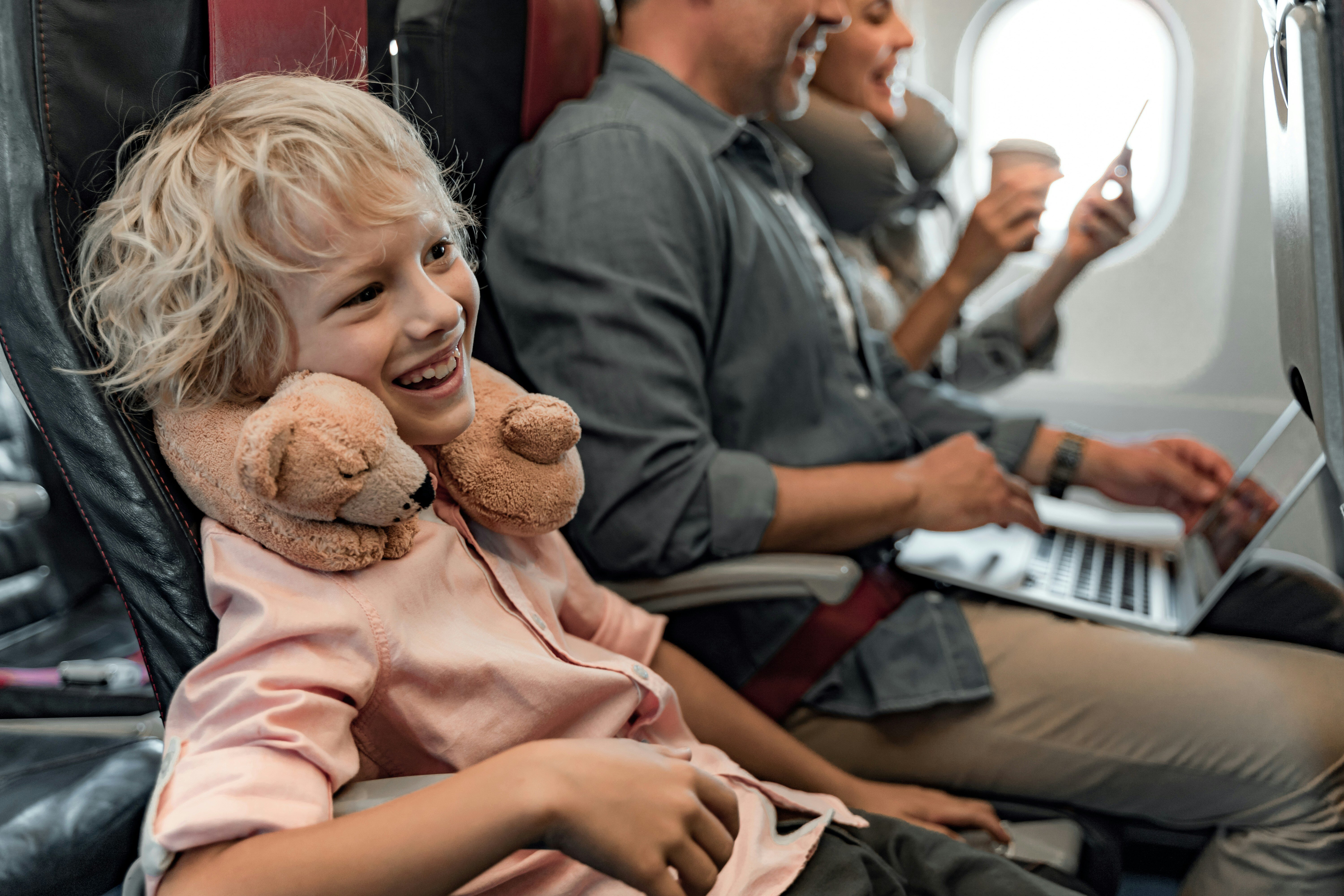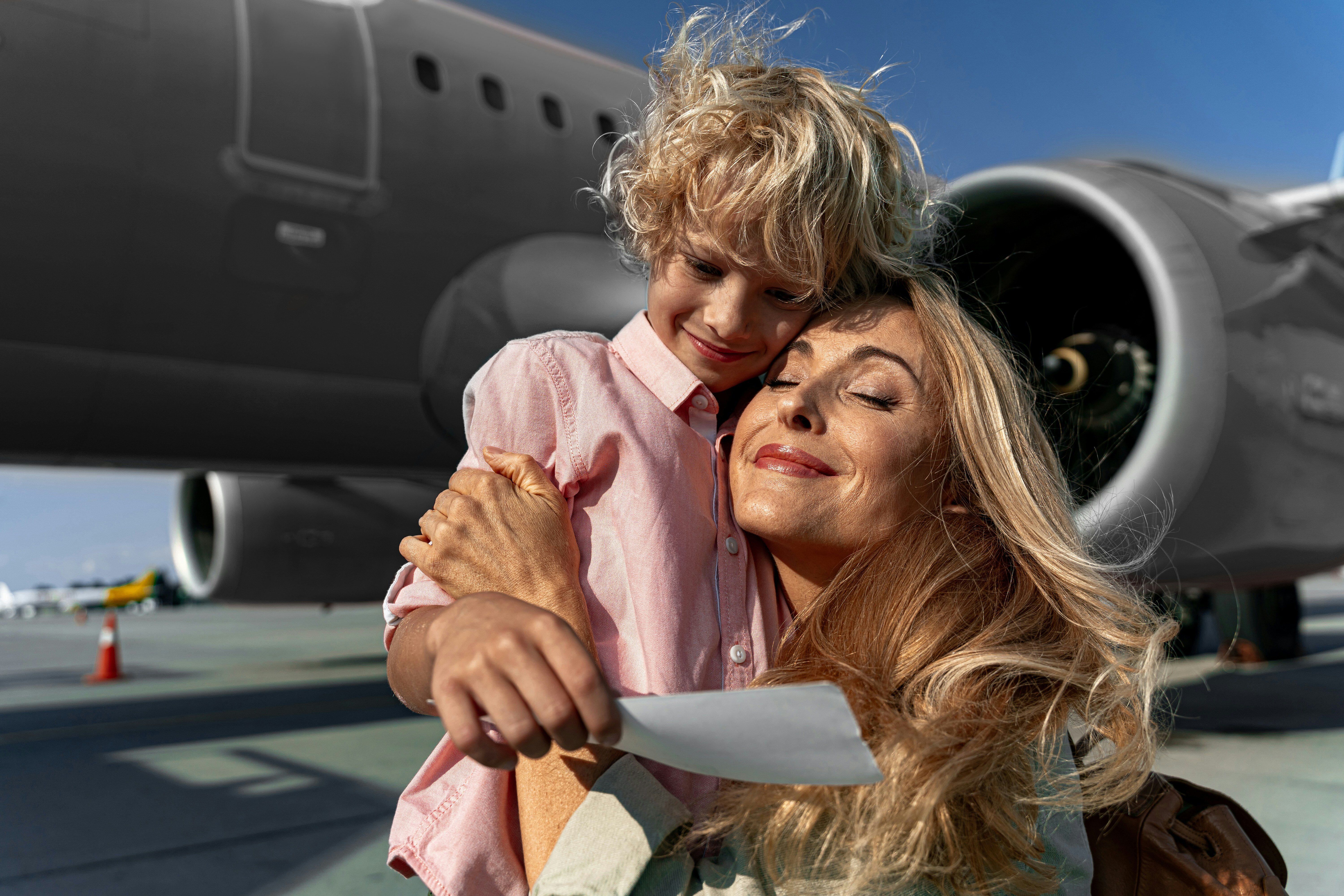How to Increase Loyalty and Retention in the Airline Industry
by Richard Jonkhof on 5.8.2024

IS AIRLINE LOYALTY DEAD?
What started out in the 1980s as an attempt at product differentiation has now turned into a multibillion-dollar industry, with over 70 airlines having frequent flier programs worldwide.
Airline rewards programs were invented to bolster brand loyalty and keep customers coming back. And it worked for a long time– but is it still effective today?
As it turns out, 83% of consumers say belonging to a loyalty program influences their decision to buy again from a brand. Today, between 20% and 70% of total passengers are members of an airline loyalty program, with higher ranks coming from industry giants like Air China, LATAM and Emirates Airlines that host 51, 30 and 20 million members in their loyalty programs respectively.
Though this should not foster any illusion. A significant proportion of travelers still do not have any loyalty memberships, while nearly half (45%) of airline loyalty program members say they do not understand how to redeem their miles and/or points. It’s this confusion that impacts overall customer satisfaction.
So what happened?
The tale of the infrequent flier
Where loyalty rewards used to be within reach for those who traveled only occasionally, most of today’s infrequent travelers are no longer able to obtain enough of those coveted airmiles to do much of anything. With little to gain for remaining loyal to a specific airline, these customers are up for grabs.
While these travelers may not account for the bulk of airline revenue, they do make up most of the volume of travelers. These infrequent fliers are the ones who are most likely to use a flight comparison website. That is why, they are more open to being won over with just the right deal, at the right time — and to remember you for next time.
Capturing these customers is the key for airline marketers to increase revenue and influence social sentiment.
THE RACE FOR THE RIGHT REWARD
With everyone wanting a slightly different experience, it’s your challenge to know who wants the cheapest ticket possible vs. who wants the most comfortable or convenient flight — and to be able to respond to those individual desires with the best offer in real time.
Build a real relationship with your customers
With every traveler wanting a slightly different experience, it’s your challenge to know who wants the cheapest ticket possible versus who is looking for the most comfortable or convenient flight — and to be able to respond to those desires with the best offer in real time.
At its core, increasing brand loyalty and retention isn’t about reaching the right audience, but the right individual. And once you reach that individual, you need to be able to offer exactly the products and services they are looking for, exactly when they need them.
Airlines have been attempting to provide this kind of seamless customer journey for a number of years now. And in many ways, it’s working. Marketing based on customer segments and audiences has made it possible to retarget potential travelers with ads or trigger personalized email campaigns aimed at specific personas.
But in many ways, it’s not working. Ask yourself these questions:
- How many of your customers are being followed around by retargeting ads after they’ve already bought their tickets?
- How many of your customers are getting irrelevant email offers (or too many email offers) and unsubscribing from your mailing lists?
- How many of your customers are being pestered to upgrade when all they really want is an inexpensive flight home to visit their family?
If the answers are unclear, or unsatisfactory… let’s change that.
UNDERSTAND THE NEEDS OF YOUR CUSTOMERS AT EVERY STAGE OF THEIR JOURNEY
As an airline, you already have a huge wealth of customer data. The best way to transform the trajectory of your relationship with customers is to harness the untapped potential of that data with journey orchestration.
It needs to start with a customer data platform (CDP) to combine all of your customer data from multiple sources, such as your website, partner websites, and social media channels, as well as real-time travel information about the flight.
Then, it requires predictive AI to offer each individual the perfect next best step based on everything it knows about the customer, including their real-time activity. It’s not channel-specific, either. Even if a customer or prospect leaves your site on their desktop and comes back to it on their mobile device (and even if they do that fifteen times), the platform will store that behavior and adapt accordingly.
Consider a scenario where a passenger encounters a flight disruption, like luggage mishaps or missing a connecting flight. In response, marketing and customer service teams can harness the power of the CDP to halt any planned sales or marketing messages hitting a customer in distress, and establish customized customer service follow-up processes that show you understand their current situation and deliver tailored messages based on individual preferences, historical interactions, and specific needs.
Take a look at an example of a personalized customer journey with the goal of increasing loyalty and retention:

Loyal customers are your best currency, and customer loyalty starts with relevant, ongoing conversations.
The interaction should start before they’re even your customers. When you give prospects the attention they crave during the orientation and decision phase, you’re doing more than increasing the likelihood that they’ll choose you this time. You’re building a lasting relationship that will encourage them to choose you next time, too.
If you’re in need of further inspiration, read examples of how customer journey orchestration works in real life by KLM, Transavia and AirFrance.
Get even more tips around elevating your airline’s marketing strategies to maximize load factor, acquire more customers and boost brand loyalty via our e-book.
You May Also Like
These Related Stories

How to Increase Airline Ancillary Revenue More Effectively

3 Powerful Use Cases to Restart Airline Digital Marketing


.png?width=786&height=265&name=Relay42%20Demo%20Banner%20(1).png)